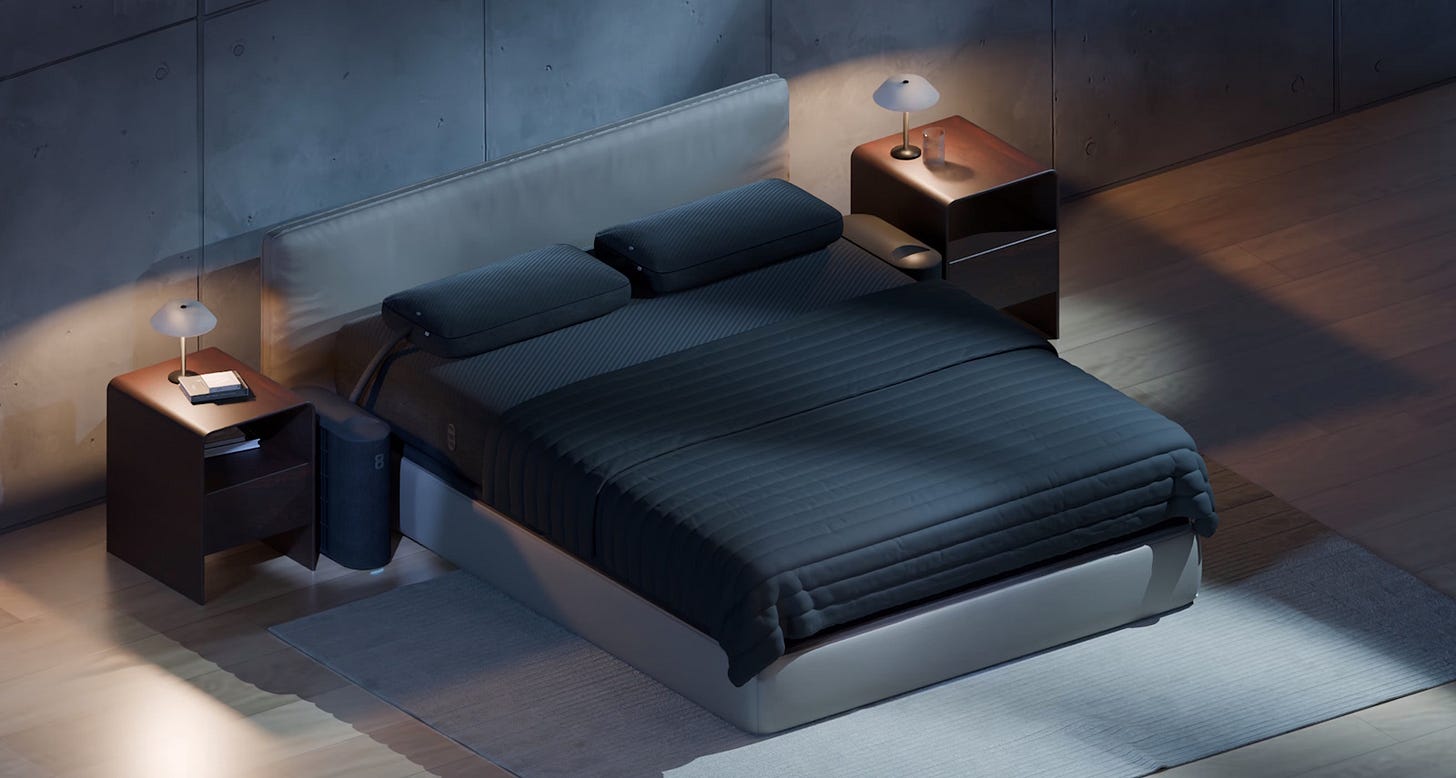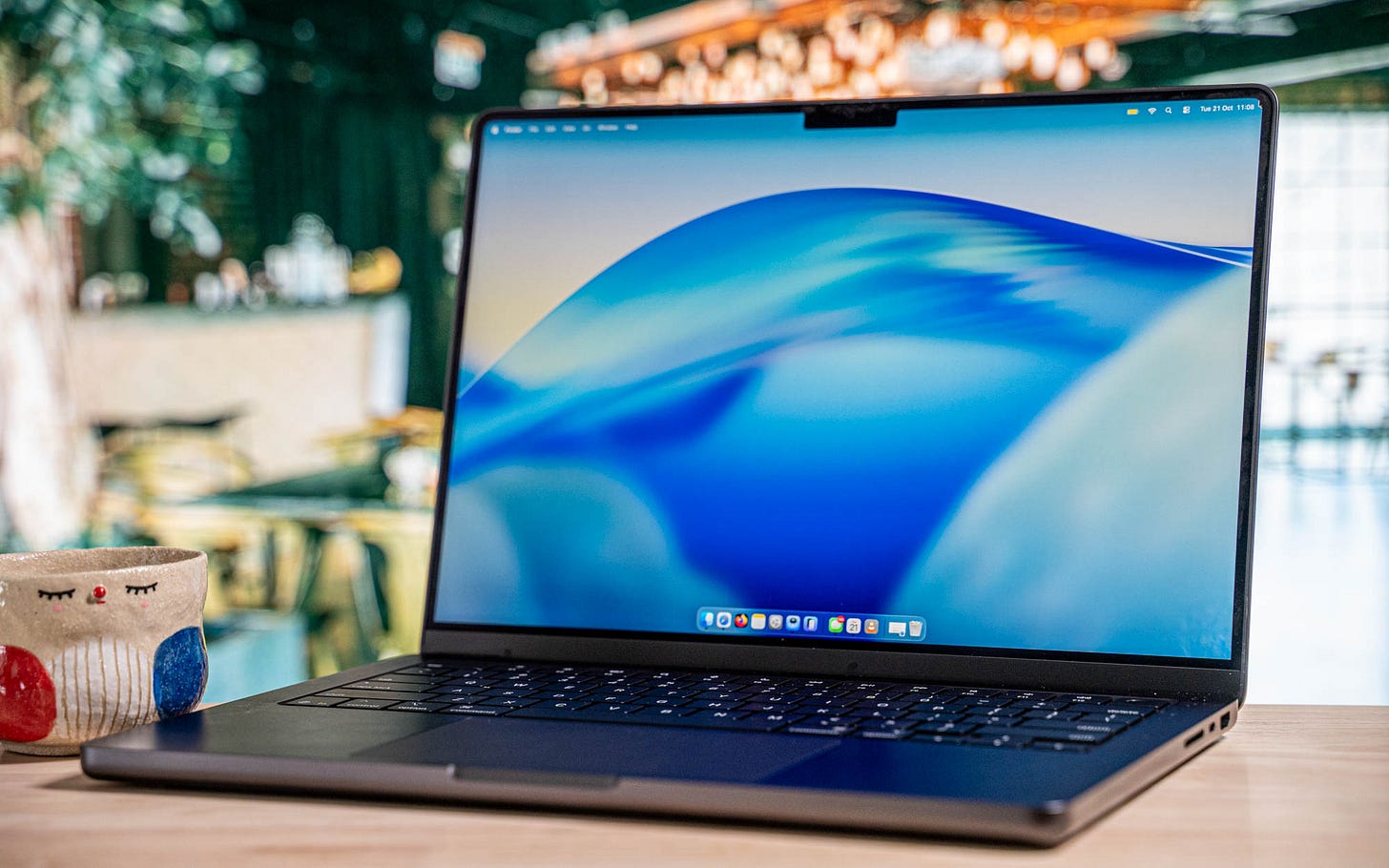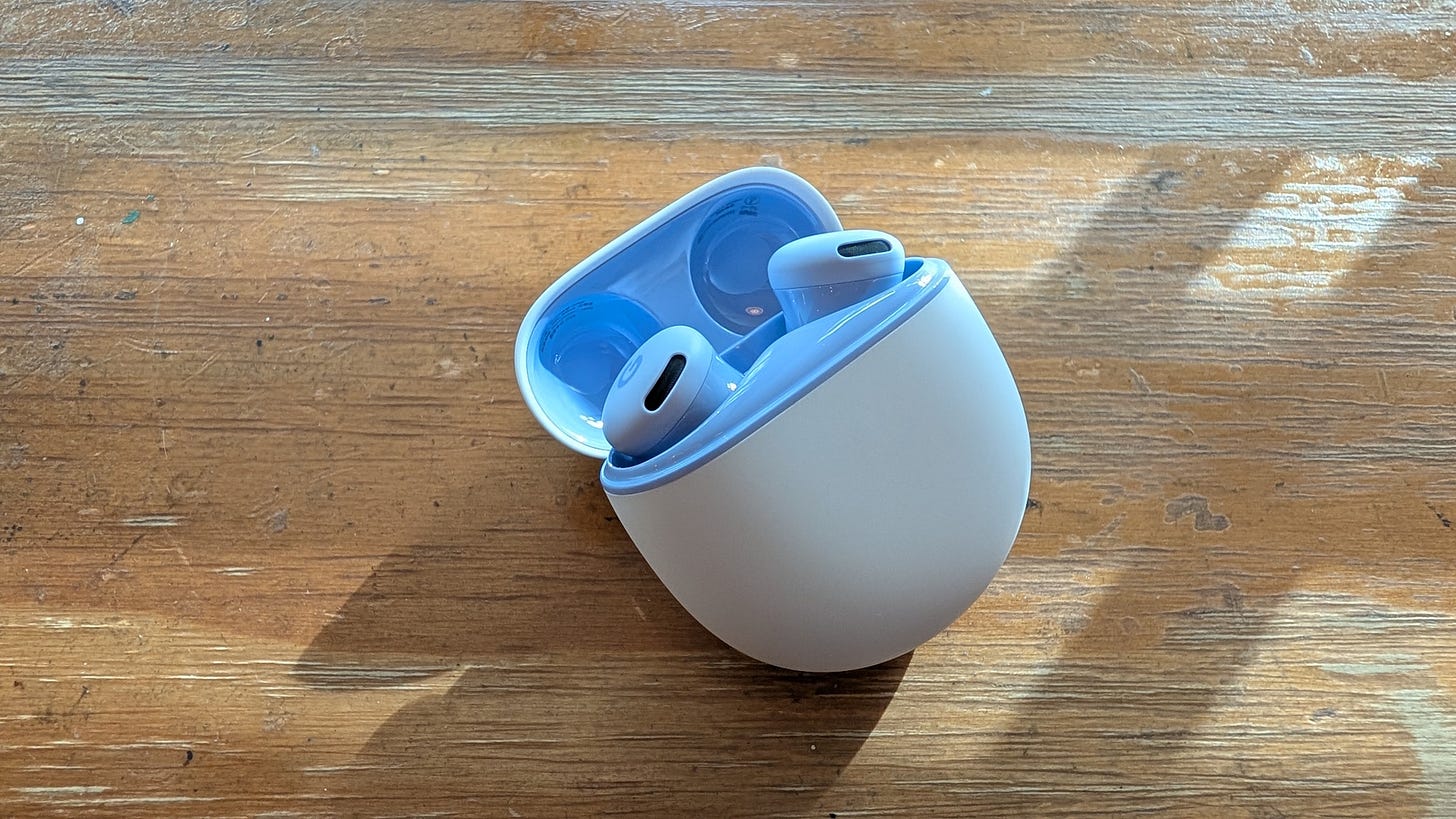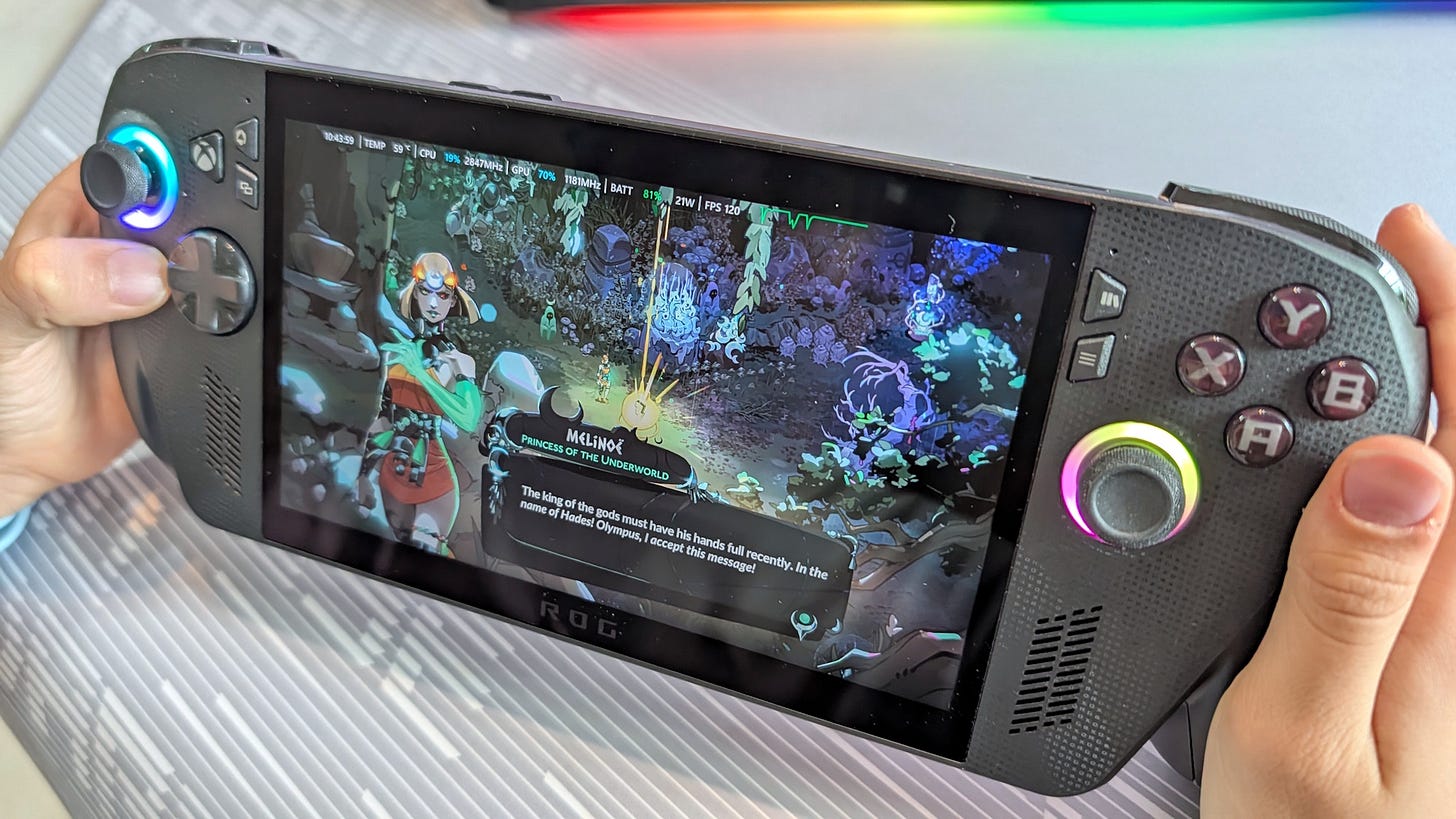The duality of smart devices
Sometimes good sometimes bad
Google smart home devices are getting a new lease of life. Earlier this month, the tech giant announced Gemini for Home to replace the Google Assistant on its existing smart displays and speakers. Thanks to its improved understanding of natural language, Gemini can hold conversations with users without losing track. Imagine being able to create automations by describing them, not programming them. Google’s Nest cameras will also be smarter, giving more detailed descriptions of events, and not just a motion detection alert.
Best of all, Gemini for Home, along with the new companion Google Home app, will be available for every speaker, smart display, camera and doorbell made by Google in the last decade. But while Google’s move is a great advert for the brand, and the potential of smart home devices, I was soon reminded of how unreliable these devices can be.
The recent Amazon Web Services (AWS) outage not only took down many websites and services, it also crippled Amazon’s smart home devices, such as its Ring security cameras and its Echo smart speakers. Third-party smart devices that relied on AWS were also affected, such as Eight Sleep’s smart beds and mattress covers, which resulted in overheated beds and odd bed positions.
While such outages are relatively uncommon, there’s always the possibility that your smart devices may become an expensive paperweight in the future. Companies can go bankrupt or may decide that it’s too expensive to maintain the cloud servers for less popular products.
Case in point: Bose recently told users that it will remove cloud-based features and the companion app for its SoundTouch audio products from February 2026, essentially turning them from smart to dumb speakers. Key features like multi-room audio and integrated streaming from music services like Spotify and TuneIn will be removed. It’s obviously a huge blow to users who have spent hundreds or thousands building their homes around these speakers. And Bose doesn’t seem open to the idea of giving owners and developers the ability to continue supporting the speakers themselves.
The same is happening with some video games — see Stop Killing Games. We’re at the mercy of companies for so many of our products and services. Whether it’s yet another hike in subscription fees or removing features for smart devices. In short, we need some form of regulation to prevent companies from just throwing everything out when it suits them. In the meantime, before you buy any smart home devices, make sure you’re okay with potentially losing some or all of the functionality a few years down the road.
This week, we tested Apple’s latest M5-powered MacBook Pro, listened to lots of tunes using Google’s budget wireless earbuds, and played too many games on the Asus ROG Xbox Ally X gaming handheld.
Despite using the base M5 chip, the latest Apple MacBook Pro M5 is almost as good as the M4 Pro version. And it’s slightly cheaper, too. This is all thanks to the laptop having GPU “Neural Accelerators” and improved memory bandwidth. It’s still the same design, though. But for its starting price of S$2,199, this is a solid performer that can do everything.
The cheaper version of Google’s wireless earbuds retain the key features of the Pro version, and sounds very similar, too. So if you need to save a few bucks, the Pixel Buds 2a make much sense. You do lose out on some features like wireless charging for the case, and the noise cancellation could be better. But it’s still a good deal overall.
With its Xbox-like ergonomics, a new Xbox app that offers a full-screen console experience that bypasses the Windows desktop, and a new, more capable AMD processor, the ROG Xbox Ally X is a very good PC gaming handheld. The software isn’t quite as seamless as an actual Xbox console yet, but the performance and battery life make the grade. It’s not cheap, though.





